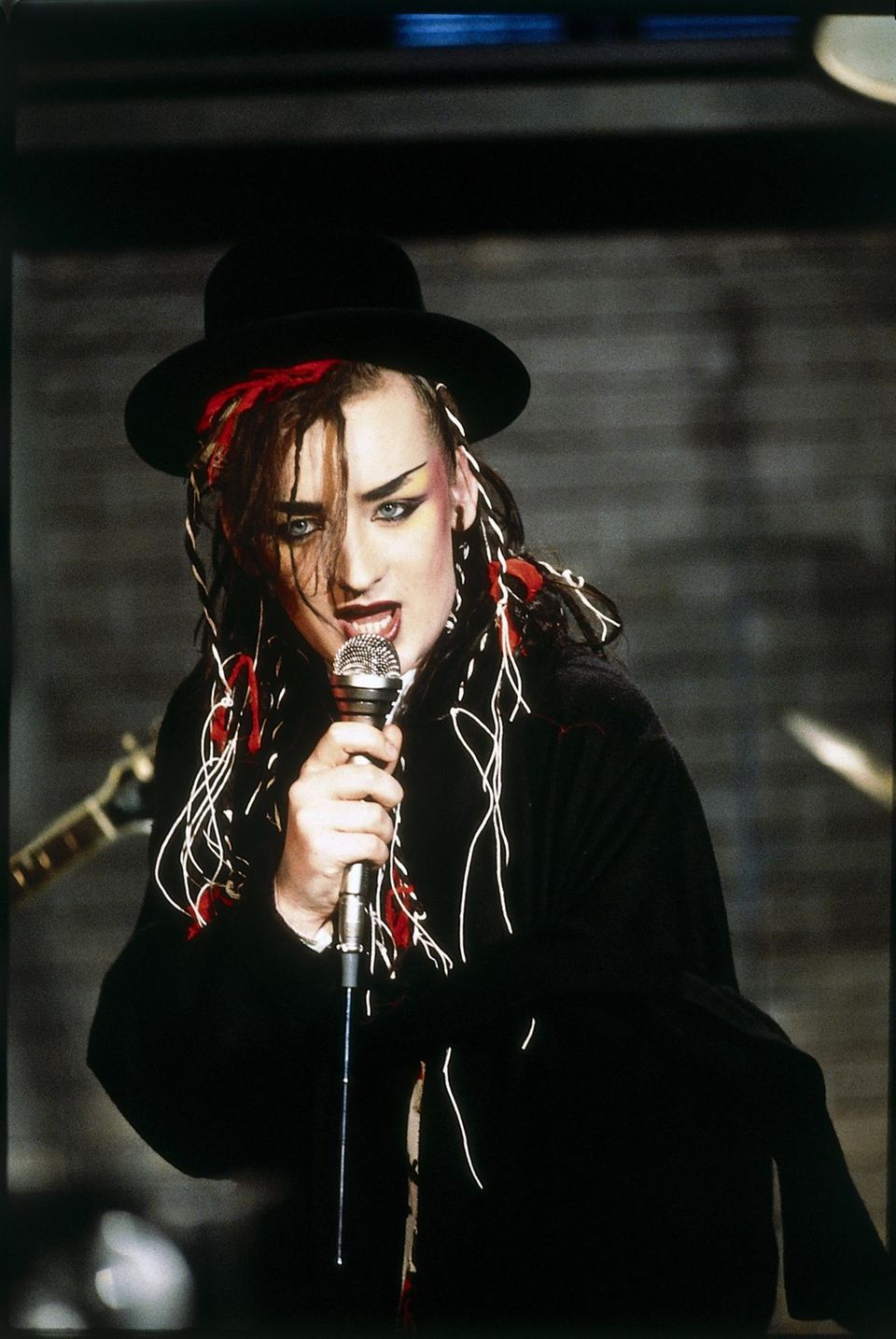She works as a stage manager and has researched unequal opportunities in the music industry. Now Rike van Kleef is calling for a basic income for those working in the arts.
Rike van Kleef, for a book you are currently working on, you asked people from the music industry on social media to describe their negative experiences. What was the response like?
Huge, I couldn’t even speak to everyone who got in touch. It shows how great the need for discussion is. The generational difference particularly caught my eye. Many who are at the beginning of their careers find it difficult to talk about grievances, and even those at the top are less willing to address problems. Overall, it was important to me not only to talk to women and non-binary people, because men also suffer from patriarchal structures.
You wrote your bachelor’s thesis on the lack of gender equality. Are there any other academic works on this topic?
Very few, especially in Germany. I come from the music industry and work in it, and I also see myself as an activist. During my studies I wanted to deal with the structures scientifically and came across gaps, so I started writing myself. In my non-fiction book, which will be published in March next year, I want to show that the abuse of power is only part of the problem. Everything is connected and reinforces a structurally discriminatory system. For me as a cis woman, it was shocking to learn about the even more massive discrimination that non-binary and trans people are exposed to.
Nemo, the non-binary person who won the Eurovision Song Contest for Switzerland, is facing a lot of hate online. Haven’t we moved on from this before?
In the 80s there were many artists and musicians in the public eye who were queer and/or broke with gender roles, Tracy Chapman for example, Boy George or David Bowie, although I am very critical of him. They were not a fringe group, but big stars. It’s a shame that this has declined so much. Of course today there is Nemo, Sam Smith, Kim Petras or Troye Sivan, but at festivals it is mainly white heterosexual men who are on stage. Festivals mean business, men do business with other men.
In 1984, Freddie Mercury appeared as an openly gay man in women’s clothes, vacuuming and singing: “I want to break free”, a super hit. What happened there?
To my knowledge, there has been little scientific research into why the discourse has shifted so much. There were times when gender reassignment surgery was seen and celebrated as medical progress. Perhaps it is also a result of the AIDS crisis, in which gay men in particular were stigmatized. There is a re-traditionalization, an advance of right-wing groups, all of which probably play a role. Hardly anyone would have walked through the village in the 1980s and threatened to slit a boy who was wearing a dress. On the Internet, this is common practice.

Queer pop star Boy George challenged established gender roles in the 1980s
© Rex Features/stern
What has changed as a result of the Rammstein affair?
It became clear to everyone that these revelations were not surprising to many. Women and queer people found the way this was handled particularly stressful. I remember Zoom conferences with colleagues where the first ten minutes were spent just crying because everyone found the way it was being handled so bad. It had become clear to everyone that when in doubt, we too are unprotected, that even if something were to happen to us, there would be no consequences.
Singer Chilly Gonzales recommends star-Interviewto separate the work from the artist when it comes to dubious characters whose music you love. He mentions R. Kelly and Kanye West. Is that possible?
No, you can’t separate the work from the artist, because as long as the artist is alive, the artist benefits from the success of the work. We have to get rid of this mentality from the last century, overcome this cult of male genius. The blame is still placed on those affected instead of questioning the idol. You still hear sentences like “the stupid groupies should have known what was waiting for them, it’s their own fault if they go to backstage parties”.
Are naive groupies really part of the problem?
Firstly, I don’t like the term. Groupies sounds derogatory and comes from the dangerous “sex, drugs and rock’n’roll” myth. David Bowie has always been forgiven for having sexual acts with “baby groupies” while on drugs. Meeting an idol is never an automatic admission of sex. Many people simply don’t know that they are being used as sex objects. Sex is an instrument of power here, and I find that really frightening. German bands like Tokio Hotel and Killerpilze have also talked about what used to happen after their concerts, although the role of the managers should also be taken into account here, as some of the musicians were still minors themselves at the time. One of the main problems is, of course, that the music scene is so heavily dominated by alcohol and drugs.
Rock concerts are considered places of euphoria and ecstasy. Do we have to sacrifice this freedom?
I would like to ask a counter question. Aren’t we also destroying this free space if half of the people there are not allowed to feel safe? More consideration and safety for black people, queer people, non-binary people and women does not make anyone unfree. If your actions lead to others not feeling comfortable, then who are you? Rules of conduct are not absurd restrictions, but the basis of a functioning society.
How can this be achieved and what should change?
One factor is these decentralized structures, the many self-employed employees. Their different needs must be addressed urgently. The teams need to be diversified, and we need rules of conduct and contact persons for awareness behind the scenes. Working conditions are sometimes extremely precarious throughout the cultural sector. The industry is network-driven. Anyone who voices criticism runs the risk of losing their contracts, and this is where protection is needed. In summary: It is time to change our entire cultural policy.
And how?
It is worth taking a look at France. Anyone who can prove that they have a certain professional level receives a basic income. It would change the whole basic feeling of this industry if the constant fear of losing one’s livelihood were to disappear. Anyone who doesn’t know how to pay their rent has no freedom to decide who they want to work for and who they don’t. But it is important to be able to say no if you don’t feel comfortable in a production.


